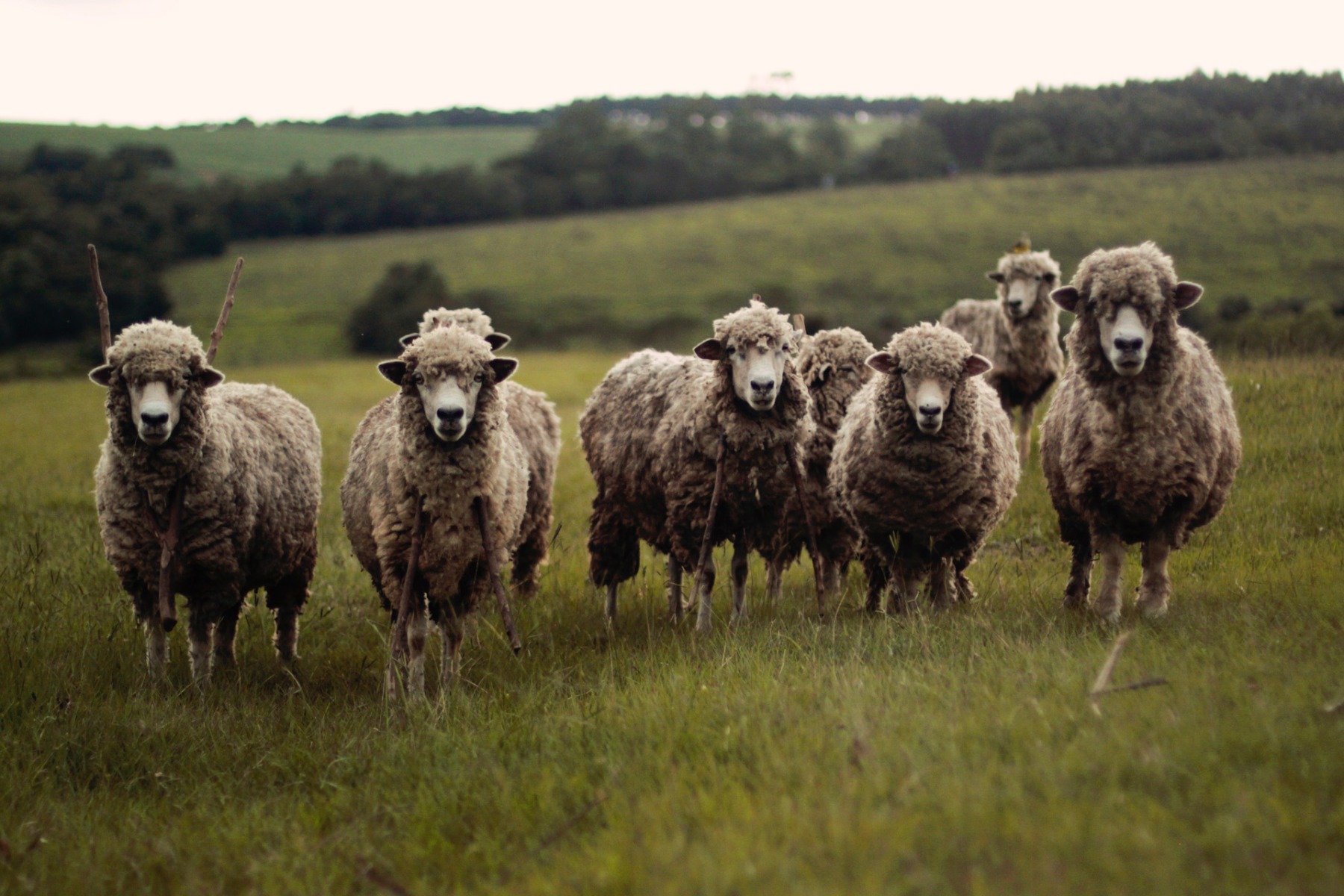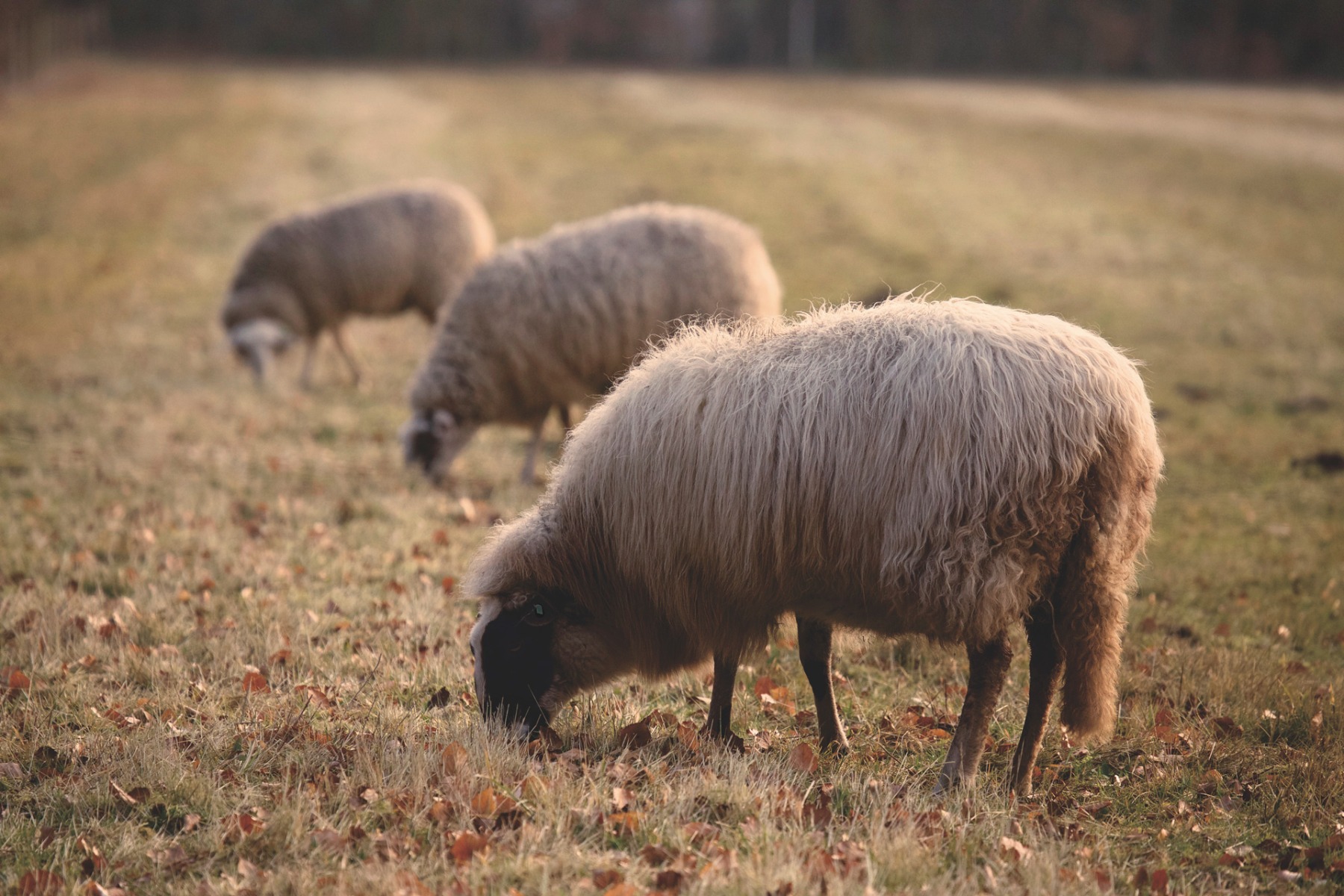Differences between Pure wool and New Zealand wool
The first recorded use of wool dates back to 10,000 BC at the beginning of the Agricultural Revolution with the domestication of livestock. Humans have since used wool for their everyday needs, from clothing and insulation to upholstery and fashion. The initial process was considerably raw which saw the wool plucked and even combed off the sheep, and these were simply worn as pelts. But millenia of practice has allowed the process to be perfected, and now an entire sheep can be sheared easily, and clothes can be woven and sewed within minutes (the first recorded woven piece of clothing traces back to 300-400 BC!). Through selective breeding over the years, it has also allowed us to find the sheep which offer the best wools. There are many factors that contribute to producing the best quality wool such as nutrition, physiology, genetics and environment.
Wool is a naturally occurring fiber and has several benefits over other natural and man-made fibers. It is obtained from sheep and other animals, including cashmere and mohair from goats, and angora from rabbits. An amazing and ancient material, it retains dye colors well, is resilient, and naturally resists damage from water, fire, dust mites, and staining.
Pure Wool

Our pure wool is sourced from the Himalayas, the snowy mountainous region located in southeast Asia which covers 1,500 miles and runs through 7 countries, including Nepal, India, China and Tibet. This province is home to Himalayan sheep from which our pure wool is sourced. The harsh environment, natural grass fields and genetics all contribute to the high quality wool we use in our pure wool rugs.
This wool is devoid of crimp (the waviness found in wool) and comes in shades of white from off white to a lustrous white. Its fibers are flexible, resisting and recovering from bending and distortion. The elasticity of the yarn helps improve resilience and volume bulk of the custom wool rugs. Famous for its temperature regulating qualities, it is the ideal material to have in your rug to remain cool in the summer and warm in the winter.
New Zealand Wool
The vast luscious fields of New Zealand is home to over 25 million sheep livestock which provides the highest quality of wool today. This is why New Zealand is amongst the leading producers in the wool industry. The wool is whiter than other wools, and the significant color depth allows further colors to be dyed like clean pastel shades and deeper blacks. New Zealand wool is 100% natural and renewable with each sheep growing a new fleece every year. It is biodegradable, recyclable and has essential nutrients beneficial for plant life. A naturally resilient material, New Zealand wool bounces back, reducing flattening and wear of your custom rug.

The surface acts as a natural air filter and purifier, trapping dust particles and pollen which may be vacuumed up thus enabling low maintenance. This incredible material is capable of resisting extreme temperatures up to 700 degrees Celsius and even self-extinguishes once the source of fire is removed. The soft yet durable fibers absorb unwanted noise to create a calm, comfortable setting. Just like pure wool, New Zealand wool regulates its temperature, ensuring warm winters and cool summers.
So in conclusion, New Zealand wool rugs are more expensive due to the wool’s natural whiter color, the fibers produced are softer due to the unique environment and genetics of the sheep and the color depth is far greater than the rest. Pure wool rugs are sourced from Himalayan sheep, the wool is easier to acquire and even though it is priced less than New Zealand wool, the fibers are still incredibly soft. Both share many similarities such as temperature regulation, resilience, comfort and 100% biodegradable nature.






